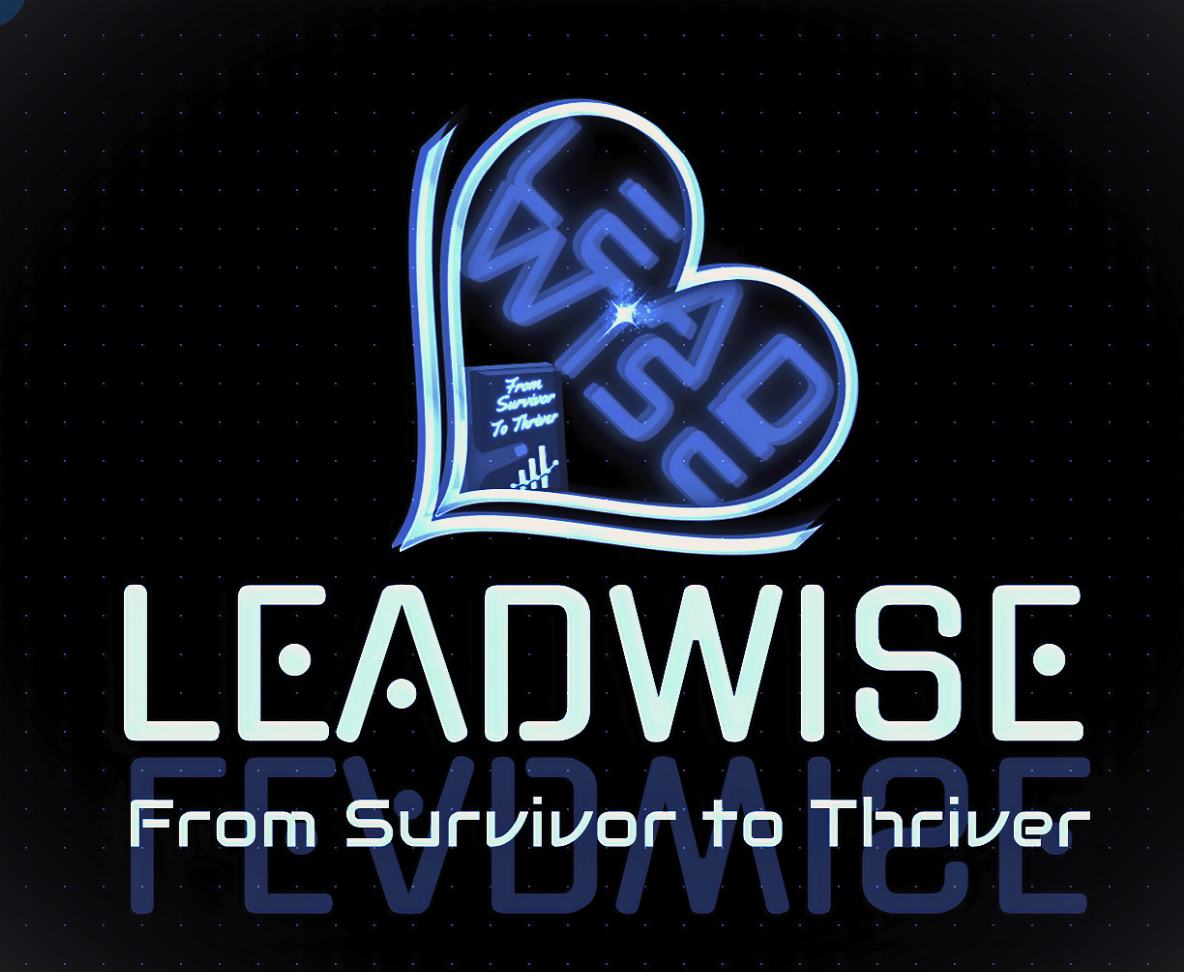The Virtual Dangers: How Video Gaming is Impacting Children's Mental Health and Legal Risks for Parents
- fareeda Lakhani
- Mar 24
- 3 min read
In today's digital age, video gaming is a favorite pastime for many children and teenagers. While gaming can enhance skills like hand-eye coordination and strategic thinking, it also brings about serious challenges. Concerns about mental health, social skills, and legal risks from online interactions—especially the dangers of talking to strangers—are more relevant than ever. This post will highlight how excessive gaming affects children's well-being, the risks associated with their online lives, and the responsibilities that come with parenting in a gaming environment.
The Impact of Gaming on Mental Health
Research shows that excessive video gaming can cause mental health issues among children. A significant concern is gaming addiction; studies indicate that around 8.5% of children exhibit signs of gaming disorder, leading to increased anxiety and depression. These kids often spend over 3 hours a day playing games, losing touch with reality. Though gaming may offer a temporary escape from stress, it can create a harmful cycle of withdrawal and negative feelings when children return to real life.
Moreover, excessive gaming can result in poor academic performance. A survey found that 40% of parents observed their children neglecting homework and skipping classes due to their gaming habits. This imbalance can create conflict within families, as parents struggle to enforce boundaries while kids resist limits.

Missing School Days: The Detrimental Effects of Gaming
The compelling nature of virtual worlds often leads children to skip school for gaming. Missing classes can result in significant gaps in learning and social skills. In fact, approximately 22% of students who frequently skip school cite gaming as a primary reason. These absences not only hinder academic progress but also decrease opportunities for social interactions, impacting overall development.
Additionally, many parents may unintentionally encourage this behavior by allowing unrestricted gaming access. It is crucial for families to establish a healthy balance between leisure activities and responsibilities, as this promotes well-rounded growth in children.
The Reality Disconnect: Losing Touch with Hygiene and Social Skills
Excessive gaming can lead to neglect of personal hygiene. Reports from parents reveal that some children become so absorbed in gaming that they forget basics like showering or brushing their teeth. This detachment can have serious physical and mental health consequences, including a lack of self-esteem.
Socially, extensive gaming can limit children’s interactions, making it hard for them to develop essential social skills. A survey revealed that 30% of gamers felt isolated from their peers because they spent too much time in front of screens. The lack of real-life engagement can lead to feelings of loneliness and hinder relationship-building outside of gaming environments.

Legal Risks of Online Interactions
As gaming moves online, new risks arise, particularly regarding communication with strangers. While multiplayer games can create friendships, they also expose players to potential dangers such as cyberbullying and scams. Statistics show that about 60% of children encounter inappropriate content while gaming, highlighting the need for vigilance.
Parents should be aware of the legal implications related to their children's online activities. If a child shares personal information with a stranger or gets involved in illegal online activities, parents might face consequences. Educating kids about online safety and maintaining an ongoing conversation about potential dangers are vital steps in protecting them.
Addressing Behavioral Changes in Children
If you notice your child showing irritability when not gaming or losing interest in other activities, it is essential to act quickly. Setting reasonable limits on gaming time is critical, as is providing alternative engaging activities.
Encouraging participation in sports, arts, or outdoor activities can help shift their focus from screens. Family time spent on hobbies can also strengthen bonds and promote overall well-being, ensuring children develop essential life skills.

Navigating Challenges in a Digital World
The rise of video gaming among children presents several mental health challenges, including potential addiction, academic decline, neglect of hygiene, and limited social skills. Parents face the added challenge of managing legal risks that come with online gaming.
To effectively navigate this complex landscape, it is vital to communicate openly, set appropriate boundaries, and encourage a variety of activities. This balanced approach helps children enjoy gaming without sacrificing their safety, health, or personal development. By recognizing and addressing these challenges, families can ensure that the benefits of gaming are enjoyed while minimizing its risks.




Comments